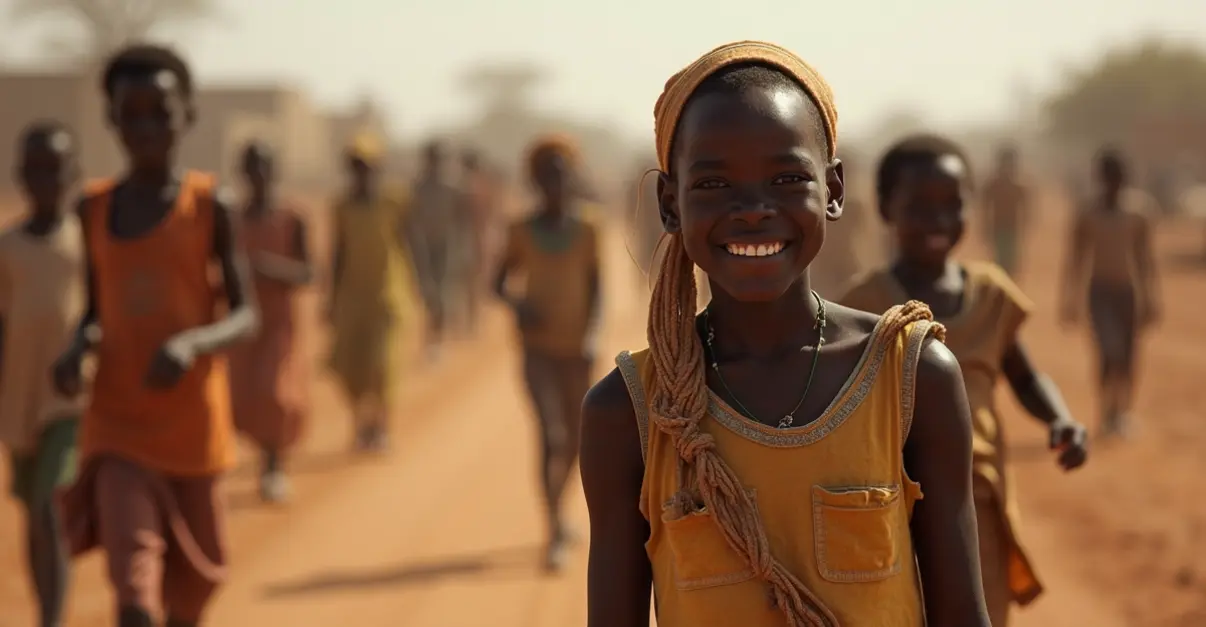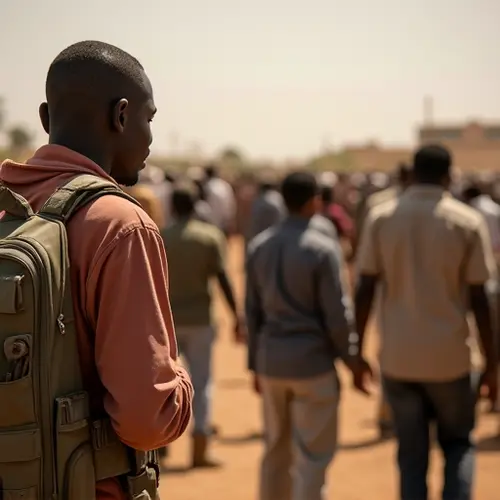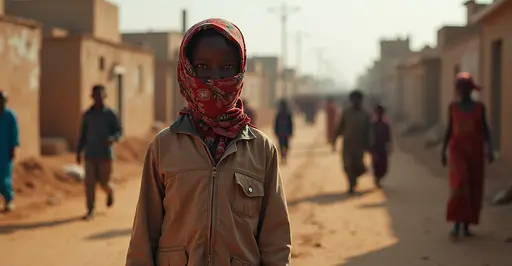UN declares famine in Sudan's Al-Fasher and Kadugli amid ongoing conflict, with 20 other areas at risk. IPC reports total collapse of livelihoods and extreme malnutrition as ICC investigates war crimes.

Catastrophic Hunger Crisis Deepens in War-Torn Sudan
The United Nations' food security monitoring body has officially declared famine conditions in two strategic Sudanese cities - Al-Fasher in Darfur and Kadugli in South Kordofan. This marks the second time within a year that the Integrated Food Security Phase Classification (IPC) has confirmed famine in Sudan, signaling a dramatic escalation of what has become the world's largest humanitarian crisis.
Total Collapse of Livelihoods
The IPC report describes 'a total collapse of livelihoods, starvation, extremely high levels of malnutrition and death' in both cities. According to IPC standards, famine is declared when at least 20% of the population lacks access to food, one in three children suffers acute malnutrition, and two people per 10,000 die daily from hunger. 'The situation represents a catastrophic failure of humanitarian response and international diplomacy,' said Dr. Sarah Johnson, a UN nutrition expert monitoring the crisis.
Military Siege and Humanitarian Catastrophe
The declaration comes after Rapid Support Forces (RSF) paramilitary fighters captured Al-Fasher following a 500-day siege that left the city's population completely cut off from food and basic services. 'For over a year and a half, these people have been living in hell - no food, no medicine, no escape,' reported Ahmed Mohammed, a humanitarian worker who recently evacuated from the region.
The RSF, which emerged from the Janjaweed militias responsible for the 2000s Darfur genocide, now controls virtually all of Darfur after seizing Al-Fasher. The capture has triggered massive displacement, with thousands fleeing to neighboring towns like Tawila, further straining already overwhelmed humanitarian resources.
Widespread Risk Across Multiple Regions
Beyond the confirmed famine zones, the IPC warns that twenty other areas in Darfur and Kordofan face imminent famine risk. These regions are expected to absorb large numbers of displaced Sudanese, creating a domino effect of humanitarian collapse. 'We're seeing the complete unraveling of food systems across western Sudan,' explained Mark Thompson, regional director for the World Food Programme.
ICC Launches War Crimes Investigation
In a significant development, the International Criminal Court announced immediate measures to collect evidence of potential war crimes in Al-Fasher. The ICC referenced the recent conviction of Ali Muhammad Ali Abd-Al-Rahman for Darfur crimes in 2004 as a warning to all conflict parties. 'The reports of mass murder, rape and other crimes, if proven, could constitute war crimes and crimes against humanity,' stated the ICC prosecutor's office.
Agricultural Crisis Compounds Hunger
The timing of the famine declaration coincides with Sudan's harvest season, which typically provides relief. However, ongoing violence and insecurity are expected to result in significantly lower yields. Meanwhile, nearly 9.6 million Sudanese remain displaced internally, with 2.6 million recently returning to heavily damaged areas like Khartoum.
'They're returning to areas devastated by conflict, often without livelihoods because they missed the current agricultural season,' the IPC report noted, highlighting the cyclical nature of the crisis.
International Response and Future Outlook
The conflict, which began in April 2023 between the Sudanese Armed Forces and RSF, has killed over 40,000 people and displaced more than 14 million. The United States has determined that the RSF and allied militias committed genocide, while humanitarian organizations struggle to deliver aid amid active combat and bureaucratic obstacles.
As one UN official stated anonymously, 'This isn't just a food crisis - it's a complete breakdown of civilization in these regions. Without immediate ceasefire and massive international intervention, we're witnessing the creation of a permanent humanitarian disaster.'

 Nederlands
Nederlands
 English
English









